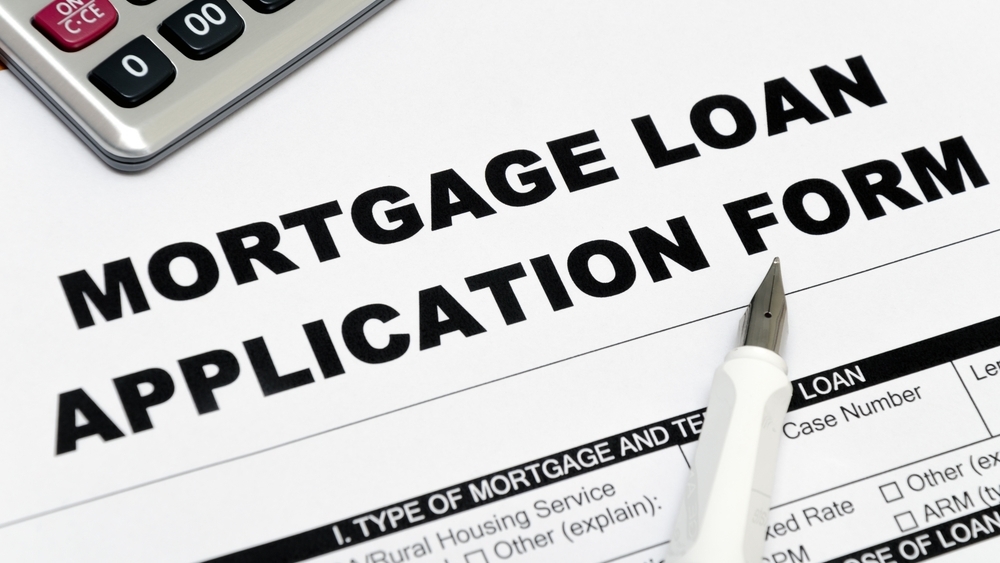The mortgage approval process is rigorous. Since the housing bubble burst in 2008, federal regulators have ratcheted up their standards. Here’s a list of the do’s and don’ts to be approved.
Do this. Brace yourself to comply with the documentation process, which is extensive.
- Always be truthful on your mortgage application. If a mortgage lender asks you to lie, get another lender. It is a serious crime.
- Provide all requested copies of income such as regular pay stubs, and proof of bonuses and commissions. You’ll also need an employment verification letter from your company. If you have had decreases in pay, be prepared to explain. If you work on commission, you may be required to provide a letter from your employer about your income prospects.
- Provide all requested income tax returns. If you are self-employed, be prepared for extra scrutiny.
- Provide bank and investment statements. If you have had or you expect large deposits or withdrawals, you’ll need to explain them.
- Be current on car loans, credit card balances, student loans and any other contracted payments. Pay down as much debt as possible before applying for a mortgage. If you have black marks on your credit reports, be ready with an explanation.
- Pay your earnest money and down payment from your own accounts or from gifts acceptable sources. Consult the lender regarding the acceptability of those sources.
- Notify the lender of any job changes, income changes, or anything else that might affect your income and ability to pay.
Don’t do this. During your mortgage approval, it’s best not to do anything that can be perceived as having a negative influence on your income and assets.
- Don’t apply for or take out any type of loan — period
- Don’t change jobs. If you have no choice, be prepared to explain it in detail, Also, don’t take an unpaid leave of absence.
- Don’t transfer money between accounts. If you must, document it and tell the lender why it was done.
- Try not to sell assets and deposit the cash unless you need it for closing. Be prepared to document it.
- Don’t take a cash advance on a credit card.


